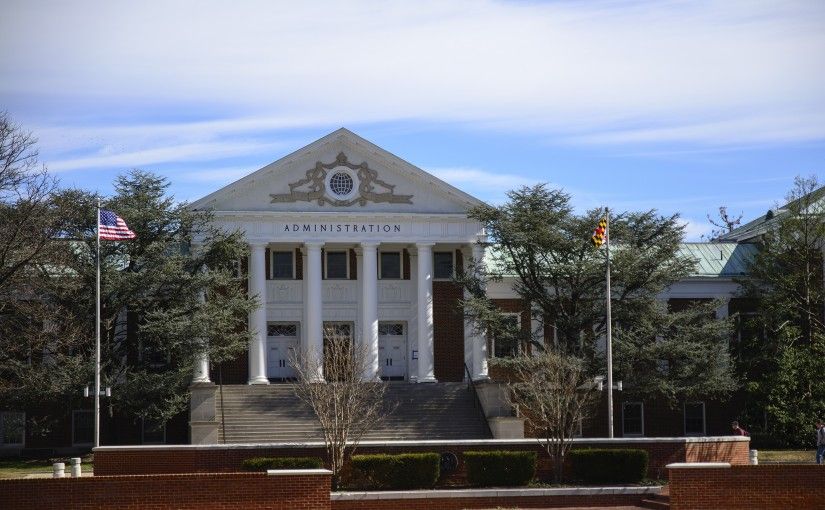The University of Maryland released the final results of its campus climate survey Wednesday, highlighting feelings of marginalization among minorities and divisions between students and administrators.
The survey, which included 7,027 respondents, aimed to measure student, faculty and staff perceptions of diversity and equity on the campus. It was initially distributed to over 50,000 members of the university community.
About 80 percent of respondents reported they felt the campus climate was more positive than negative, according to a report of the results authored by outside consultant Jennifer Hubbard. But a “disproportionate number reported experiences of feeling marginalized and detached” — mostly people of color, women, non-binary people, LGBTQ people and people with disabilities.
“I don’t want people to hear that the majority of people are having good experiences, and say, ‘that’s a win,’” interim Chief Diversity Officer Cynthia Edmunds said. “We have to listen to the multiple voices — particularly those who are not feeling engaged, who feel isolated, who feel marginalized.”
[Read more: UMD released its long-awaited external diversity review — but it offers few details]
Fourteen percent of respondents indicated they felt either “somewhat” or “completely” emotionally unsafe on the campus, whereas 13 percent felt “somewhat” or “completely” physically unsafe. When sorted by race, white respondents reported feeling the most safe, while black and African American respondents reported feeling the least safe.
Black students made up just 7.3 percent of this year’s freshman class — the lowest proportion they have since the Institutional Research, Planning and Assessment office began collecting data in 1992.
Men felt safer than women or non-binary people, and heterosexual people felt safer than those who identified as LGBTQ.
White respondents viewed the campus most positively, and felt a greater sense of belonging than all other racial groups. Latinx participants reported the lowest sense of belonging.
The results also identified members of underrepresented communities as the most likely to advocate for diversity.
The university released a preliminary version of the survey’s findings in May 2018. Though the final 311-page report — which includes more in-depth data — was delivered to administrators in December, Edmunds said the Office of Diversity and Inclusion spent the semester analyzing its content with campus leaders and figuring out how to present it to the community.
“I did not want to just send it out as soon as I got it, and then try to take the time that I knew was responsibly required of me to really understand the content,” Edmunds said. “I couldn’t do that, alongside everyone else receiving it and trying to do the same thing.”
[Read more: UMD Police investigate burned Pride Month poster as hate bias incident]
The Institutional Research, Planning and Assessment office compiled the data into their online system, launching an interactive tool Wednesday to view graphs of the results.
In addition to highlighting detachment and anxiety in underrepresented groups, the results point to a disparity between students’ and administrators’ views of the campus.
Senior administrators “reported a more positive perception of the campus climate” than students, faculty or staff. And while administrators reported the highest feelings of safety and belonging, students reported the lowest.
The survey also showed that students, faculty and staff “did not agree that hate speech is a protected First Amendment right,” while senior administrators believed it was.
Among those who said they’d experienced “offensive, hostile, inappropriate, or biased conduct” at this university, racial bias was the most frequently reported at 12.5 percent.
According to ODI’s online hate bias incident log — which the university launched in fall 2018 — there have been 18 reported hate bias incidents this semester, at least 11 of which targeted racial identity.
The university announced the survey after the killing of 2nd Lt. Richard Collins on the campus. Collins, a black Bowie State University student, was fatally stabbed while waiting for an Uber near Montgomery Hall in May 2017. Sean Urbanski — a white former student of this university — is awaiting trial on murder and hate crime charges in Collins’ death.
Edmunds said efforts to address the findings would be decided under Georgina Dodge, who is set to assume the newly created role of diversity and inclusion vice president in June. Dodge’s new position will replace that of the chief diversity officer, and will report directly to university President Wallace Loh.



